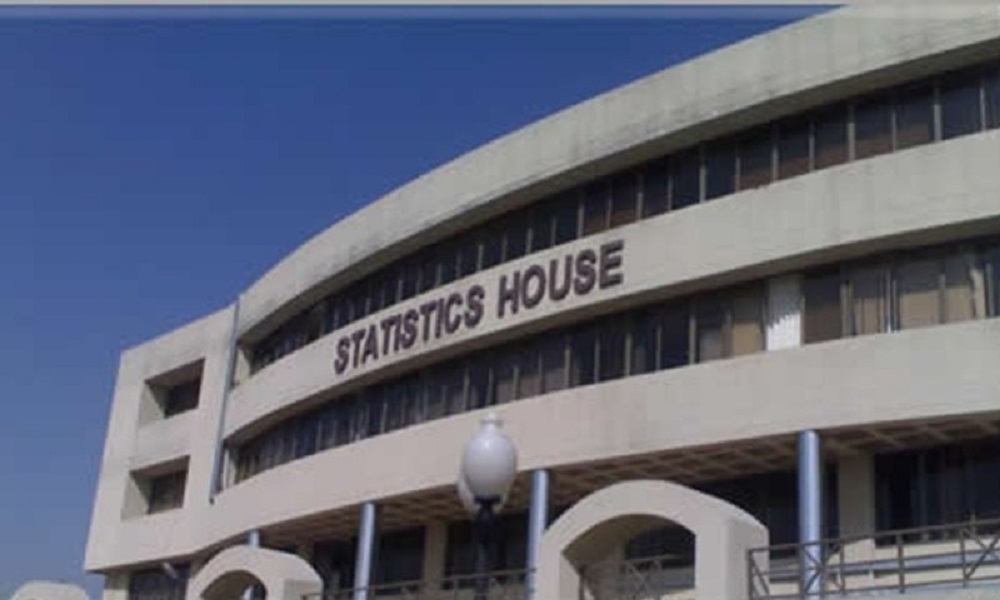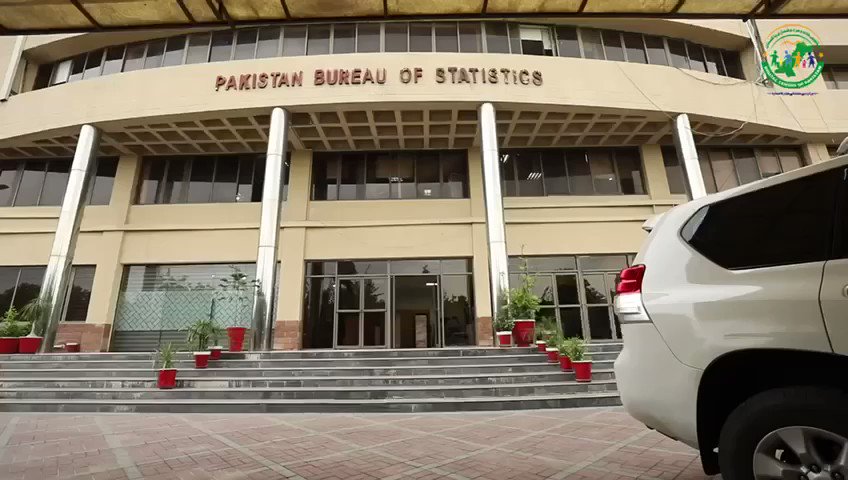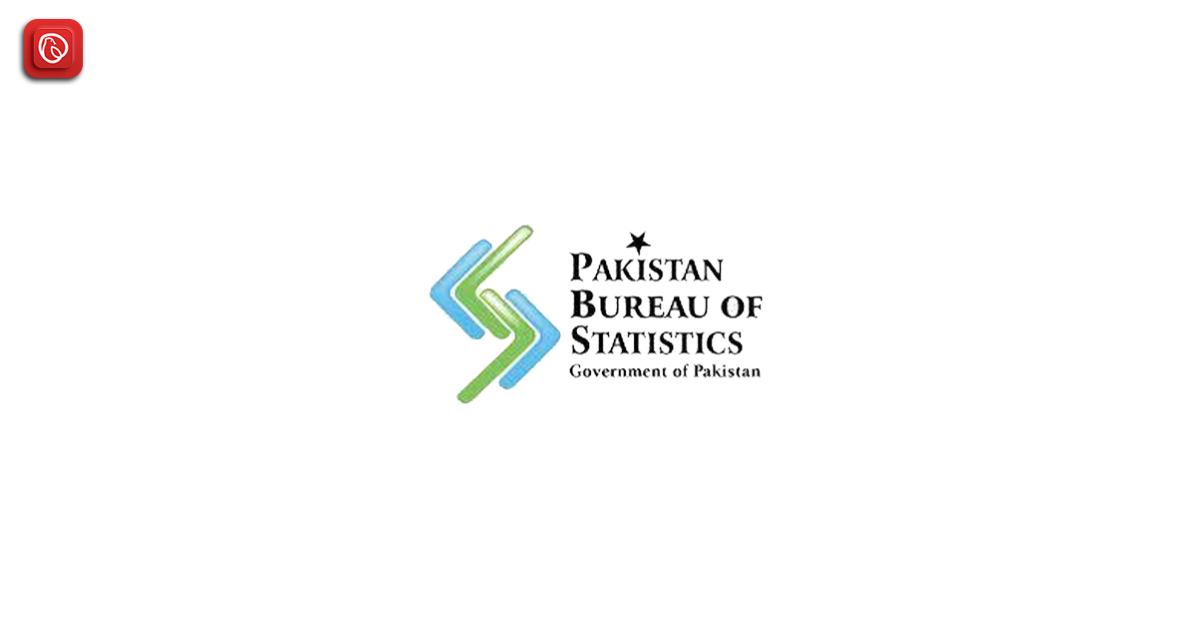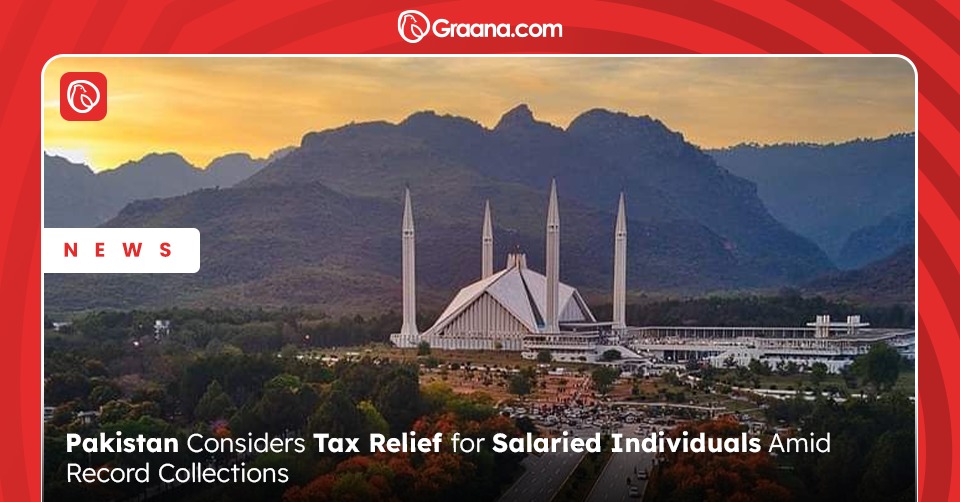The Pakistan Bureau of Statistics (PBS) serves as the foremost organisation in Pakistan responsible for gathering, organising, and disseminating accurate and timely data and information to key decision-makers, strategic planners, and researchers. The PBS collects data related to the economic and societal dynamics of the country, shedding light on its financial workings and social structures.
Established in 1950 as the Central Statistical Office (CSO) under the umbrella of the Economic Affairs Division, the PBS’s statistical collection and utilisation methods have been scrutinised by both national and international experts proficient in quantitative analysis.
History
The origins of the Pakistan Bureau of Statistics (PBS) trace back to 1950, when it was founded under the name Central Statistical Office (CSO) as a branch within the Economic Affairs Division. Its primary duty was to gather, arrange, and share dependable statistical facts concerning the nation’s economy and society. As time went on, experts from both within the country and abroad evaluated the statistical system to make it more effective.
In 1972, based on recommendations from the IBRD Mission, the CSO was renamed the Statistics Division. Further changes occurred in 1981 when the division underwent a reorganisation, resulting in the creation of the Federal Bureau of Statistics (FBS) from its technical section.
Continuing to evolve, the Pakistan Bureau of Statistics was formed by merging the Federal Bureau of Statistics, the Population Census Organisation, the Agriculture Census Organisation, and the technical wing of the Statistics Division. This merging of efforts, certainly aimed to simplify and improve the accuracy of statistical data for making informed decisions, planning, and research without duplicating previous information.
Functions of PBS

PBS serves some of the following functions:
- Collecting, Organising, and Analysing Data: PBS gathers data from various sectors, organises it, and identifies patterns to understand changes over time.
- Sharing Information: After organising data, PBS makes it available to government, both federal and provincial, and other groups for decision-making and planning.
- Improving Statistical Methods: PBS continually enhances data collection methods through research, ensuring more accurate and reliable information.
- International Collaboration: PBS shares information with other countries, fostering mutual learning and understanding of different regions.
- Collaboration with Other Departments: PBS advises and collaborates with government departments to maintain uniform standards in data collection and utilisation.
- Standardisation: PBS establishes clear definitions and categories to facilitate consistent discussion of statistics.
- Project Validation: PBS reviews and approves statistical aspects of projects to ensure credibility.
- Efficient Calculations: PBS develops quick and effective ways to calculate statistics for timely estimates.
- Alignment with Government Policies: PBS ensures its statistics align with government objectives and policies.
- National Censuses and Surveys: PBS conducts comprehensive censuses and surveys to gather in-depth information about various aspects of the country.
Primary Activities of PBS Pakistan
The Pakistan Bureau of Statistics (PBS) is engaged in important tasks that involve collecting and putting together data about different parts of our society and economy. They do this through various sources:
Direct Sources
PBS gathers information directly from different places. Here are some examples of the information they collect:
- Price Statistics: They track and record the prices of different things to understand how costs are changing.
- Labour Force Statistics: They collect data about people who are working and those who are not, to learn about employment trends.
- Demographic Statistics: This means they gather information about the population, like age, gender, and more.
- Household Income & Expenditure Statistics: They look at how much money households earn and spend to understand economic patterns.
- Statistics on Social & Economic Status of Households: They study the living conditions and financial situations of households.
- Private Building Construction Statistics: They track the construction of buildings by private companies.
- Population & Housing Census: PBS conducts a comprehensive count of the people living in the country and details about their homes.
- Agriculture & Livestock Census: They gather data about farming and livestock activities.
Indirect Sources
PBS also gets data from other places. For instance:
- Statistics of Manufacturing Industries: They gather information about industries that produce goods.
- Social Statistics: This includes data about education, health, sports, and culture.
- Mining and Electricity Undertakings Statistics: They collect details about mining and electricity production.
- Business and Communication Statistics: They keep track of business activities and communication trends.
Government Records

PBS also uses official government records to get information. This includes:
- Foreign Trade Statistics: They gather data about the country’s trade with other nations.
- Public Finance Statistics: This involves looking at the government’s financial activities.
- Publication of Statistical Data: Once they have collected and organised the data, PBS publishes it for everyone to see and use.
- Supply of Statistical Information: They share this data with government departments, provincial governments, and other national and international organisations.
- Providing Technical Advice: PBS helps other groups with technical matters like designing samples and creating questionnaires.
- Setting Standard Concepts: PBS develops common ideas, definitions, and categories to make talking about statistics easier.
- Evaluating Statistical Methods: They check different ways of calculating statistics to figure out the best methods.
- Training: PBS offers training to statisticians from various organisations to enhance their skills.
- National Accounts Preparation: They create reports that summarise the country’s economic activities.
FAQs on PSB
What kinds of data does PBS collect?
PBS gathers a wide range of data, including price statistics, employment figures, demographic information, household income and spending details, education and health data, manufacturing statistics, and more.
How does PBS gather data?
PBS collects data from primary sources, secondary sources, and administrative records of the government. Moreover, they conduct surveys, count households, and use records kept by different government departments.
Why is the information collected by PBS important?
The data collected by PBS helps governments, businesses, researchers, and the public understand how the country is performing economically and socially. Also, it assists in making informed decisions and policies.
How does PBS share the collected data?
PBS publishes reports and data sets that are accessible to everyone. Moreover, they supply this information to federal ministries, provincial governments, international organisations, and anyone who needs reliable statistics.
Does PBS work with other countries?
Yes, PBS exchanges statistical information with foreign countries. This helps in learning from each other’s experiences and understanding global trends.
How does PBS ensure the accuracy of the data?
PBS constantly improves its methods, reviews data quality, and uses standard definitions and classifications. They also evaluate statistical methods to make sure the data is reliable.
For more details on other topics such as “Guide to NADRA Smart Card” visit Graana.com.




